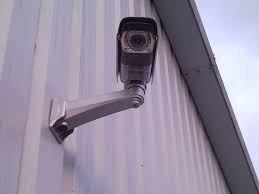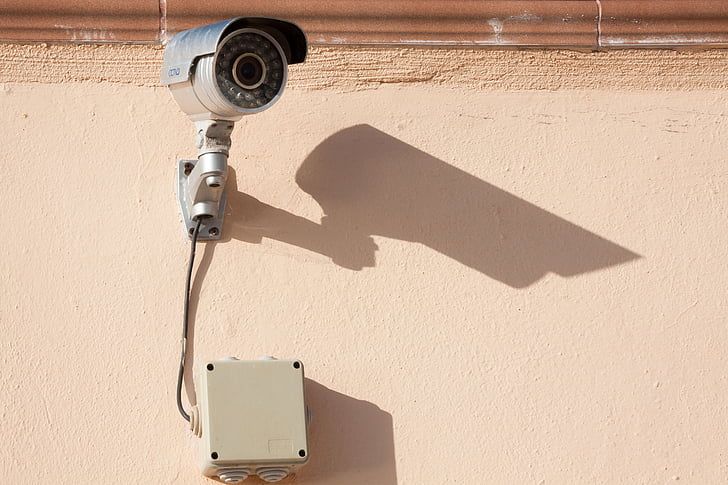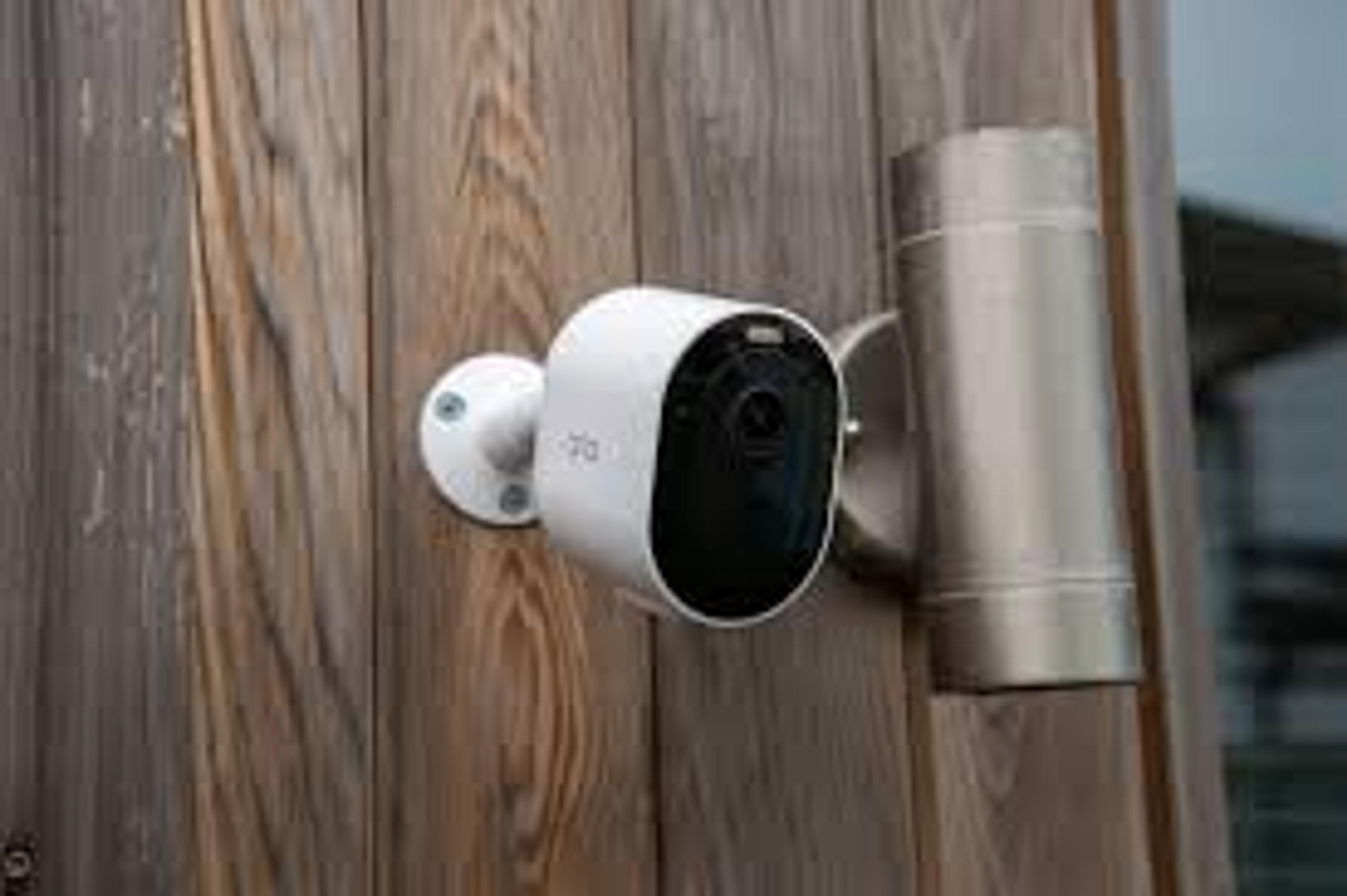Home security cameras are invaluable for protecting your property, but concerns about electricity usage may arise. Many wonder if these cameras consume a lot of power. Let's delve into this. While some security cameras can draw a significant amount of Electricity, modern models are designed with energy efficiency in mind.
Factors like camera resolution, recording settings, and whether the camera is wired or wireless can impact power consumption. Advanced features such as motion detection and night vision may increase energy usage.
However, correct installation and setup optimization can reduce electricity usage without sacrificing security. If you are aware of the elements influencing power consumption, you can choose and use home security cameras more wisely.
How much does Watt's CCtv Cameras intake Per month?
The wattage consumption of CCTV cameras can vary depending on factors like resolution, recording settings, and whether they're wired or wireless. A CCTV camera might consume between 5 to 15 watts per hour on average.
Over a month, this could translate to approximately 150 to 450 kilowatt-hours (kWh). To estimate monthly energy expenses precisely, it is necessary to compute the precise consumption, depending on the particular model and usage patterns.
Lowering energy consumption and electricity costs can be achieved by keeping an eye on and fine-tuning camera settings.
Factors That Impact Security Camera Energy Use
- Resolution: Higher-resolution cameras typically consume more power.
- Recording Settings: Continuous recording or high frame rates can increase energy consumption.
- Wired vs. Wireless: Wired cameras may have lower energy consumption than wireless ones due to constant power supply.
- Advanced Features: Motion detection and night vision can increase energy usage.
- Environmental Conditions: Extreme temperatures or weather conditions may affect energy efficiency.
- Camera Type: Different types of cameras (e.g., dome, bullet) may have varying power requirements.
- Location: Cameras installed in high-traffic areas may use more energy due to frequent activation.
- Maintenance: Proper maintenance, such as cleaning lenses, can optimize energy efficiency.
Choosing an Energy-Efficient Security Camera
When selecting a security camera with energy efficiency in mind, consider the following factors:
Low Power Consumption: Look for cameras with low wattage ratings to minimize energy usage.
Adjustable Recording Settings: Opt for cameras that allow you to adjust recording quality and frame rates to optimize energy consumption.
Power Source: Choose cameras with efficient power sources, such as PoE (Power over Ethernet) or solar, to reduce reliance on traditional electrical outlets.
Motion Detection: Select cameras with motion detection capabilities to activate recording only when motion is detected, conserving energy during idle periods.

Night Vision Efficiency: Look for cameras with efficient night vision technology that uses infrared LEDs sparingly to conserve power.
Weather Resistance: Ensure the camera is designed to withstand environmental conditions, reducing the need for frequent replacements due to damage.
Energy-Efficient Features: Consider cameras with energy-saving features like sleep modes or scheduling options to reduce power consumption during off-peak hours further.
Using Solar Power for Your Security System
Utilizing solar power for your security system offers numerous benefits. Solar panels harness sunlight to generate Electricity, providing a sustainable and environmentally friendly power source.
You can enhance your home's security without relying on traditional grid electricity by installing solar-powered security cameras, lights, and sensors. Solar-powered systems reduce energy costs, offer greater independence from the grid, and contribute to a greener environment by reducing carbon emissions.
Solar panels are also low maintenance and can function well even in isolated areas with limited access to Electricity. Using solar Electricity for your security system encourages sustainability and energy efficiency and improves safety.
Setting Up Your Security Cameras to Conserve Power
Setting up your security cameras to conserve power is essential for optimizing their performance and reducing energy consumption. Adjust recording settings to prioritize motion-activated rather than continuous recording, conserving power during idle periods.
When you need to, like at night or when you're away from home, use the scheduling tools to turn on the cameras. Choose cameras with energy-saving features such as programmable resolution or low-power mode.
Think about utilizing Power over Ethernet (PoE) or solar power for a more economical and environmentally friendly power source.
To get the most out of your cameras, ensure the lenses are free of obstructions and clean them regularly. You may reduce energy consumption and running costs and increase the lifespan of your security cameras by putting these techniques into practice.
Tips to Reduce Security Camera Electricity Intake
Motion-Activated Recording: Set cameras to record only when motion is detected, reducing continuous power consumption.
Adjustable Recording Settings: Optimize recording quality and frame rates to balance image clarity with energy efficiency.

Scheduled Operation: Utilize scheduling features to activate cameras only during specific times or events, conserving power during idle periods.
Energy-Efficient Lighting: LED lights are used for night vision capabilities, which consume less power thanthan traditional lighting options.
Power Source Optimization: To reduce reliance on grid electricity, consider alternative power sources such as solar panels or Power over Ethernet (PoE).
Regular Maintenance: Keep cameras clean and debris-free to ensure optimal performance and energy efficiency.
Smart Home Integration: Integrate cameras with smart home systems to automate power management based on occupancy or activity levels.
What uses the most Electricity in Our homes?
The appliances and devices that typically consume the most Electricity in homes include:
Heating and Cooling Systems
HVAC systems, including air conditioners, heaters, and furnaces, often account for a significant portion of energy usage, especially in climates with extreme temperatures.
Water Heating
Water heaters, particularly those that run on Electricity, can be significant energy consumers, especially in households with high hot water usage.
Refrigerators and Freezers
These appliances run continuously and consume Electricity to maintain proper temperature levels.
Washing Machines and Dryers
Laundry appliances, especially dryers, consume a considerable amount of energy, mainly if they are older or less efficient models.
Cooking Appliances
Electric stoves, ovens, and microwaves can contribute to electricity consumption, especially during meal preparation.
Electronics
Televisions, computers, gaming consoles, and other electronic devices can increase energy usage, mainly if left on standby mode.
The Last Thoughts
Home security cameras, while essential for property protection, vary in electricity consumption based on factors like resolution, recording settings, and whether they are wired or wireless.
Modern cameras are designed to be energy-efficient but features such as motion detection and night vision can increase power usage. Typically, CCTV cameras consume between 5 to 15 watts per hour, translating to 150 to 450 kWh monthly.
Optimizing camera settings, such as using motion-activated recording and scheduling operation times, is crucial to minimize energy use. Choosing energy-efficient cameras, possibly powered by solar energy, reduces electricity reliance.
Understanding these factors helps select and manage home security systems to ensure they are practical and energy-efficient. Energy savings can be further increased by maintaining cameras and combining them with smart home devices.
Frequently Asked Questions
Can CCTV cameras work without Electricity?
CCTV cameras typically require Electricity to function. However, battery-powered and solar-powered options are available that can operate without a direct electrical connection.
Will the CCTV camera record when turned off?
No, CCTV cameras cannot record when turned off. They must be powered on and operational to capture and store video footage.
Can a CCTV work when the light is off?
CCTV cameras with infrared (IR) or night vision capabilities can still capture footage even in low-light or complete darkness conditions.
How do you know if CCTV is recording?
You can usually tell if a CCTV camera is recording by checking for indicators such as blinking lights, status LEDs, or on-screen display notifications on the monitoring device or DVR/NVR system.
About Hamza Liaqat
Hamza Liaqat, our tech maestro, is a software engineer with a passion for cutting-edge technologies and experience of more than 7 years in tech industry. As the founder of DifferentDaily.com, he navigates the tech frontier, unraveling AI, Blockchain, and Web3 intricacies. Hamza's troubleshooting finesse and commitment to practical solutions make him your go-to guide for all things tech. Welcome to innovation, curated by Hamza Liaqat.


